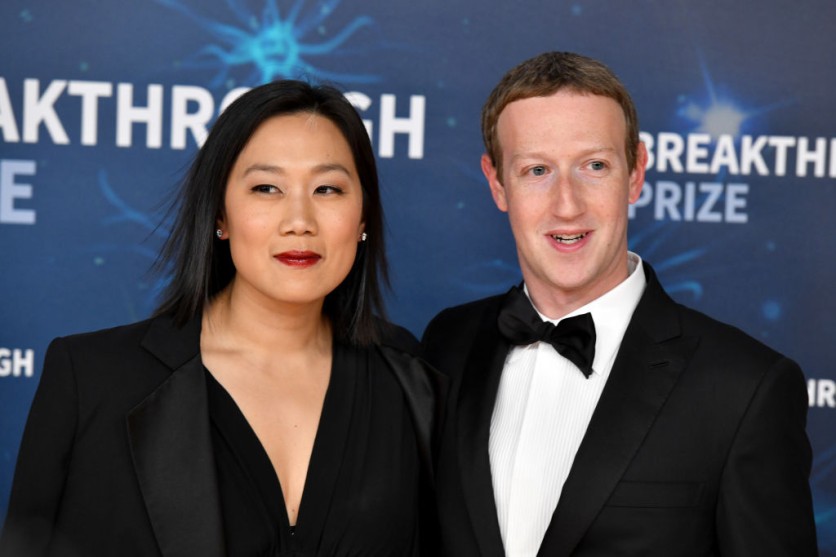The Chan Zuckerberg Initiative (CZI) has unveiled its plan to build a cutting-edge GPU cluster for AI-driven cell research, aiding the quest to conquer diseases. This technology employs over 1,000 GPUs and could revolutionize research in protein and cell structures.

Leveraging AI in Biomedicine
Priscilla Chan and Mark Zuckerberg's foundation, the Chan Zuckerberg Initiative (CZI), has just made a groundbreaking announcement, embarking on a pioneering project involving the creation of a state-of-the-art GPU cluster.
Engadget reported that this innovative cluster will leverage the power of artificial intelligence (AI) to develop predictive models for both healthy and diseased cells.
It offers a valuable resource for researchers seeking to understand the complexities of human cellular biology and reactions. With this initiative, CZI aspires to play a role in curing, preventing, or effectively managing all diseases by the end of the century.
Relying on a Diverse Range of Datasets
As stated in the foundation's press release, the development of these predictive models will rely on a diverse range of datasets, each contributing a unique perspective to the research effort.
One such source is the Chan Zuckerberg CELL by GENE (CZ CELLxGENE) software tool, which boasts the distinction of housing the largest collection of standardized single-cell datasets, encompassing more than 50 million individual cells.
Complementing this wealth of data are resources generated by CZ Science research institutes, including the OpenCell atlas, which maps protein locations and interactions, and the Tabula Sapiens cell atlas, crafted by the Chan Zuckerberg Biohub San Francisco.
Additionally, large-scale imaging datasets from the Chan Zuckerberg Institute for Advanced Biological Imaging (CZ Imaging Institute) will play a crucial role alongside publicly accessible datasets, further enriching the knowledge pool.
Jeff MacGregor, Vice President of Communications at CZI, emphasized the mounting complexity of the data collected on the myriad cells inhabiting our bodies. He underscored the challenge of comprehending this wealth of information with human cognition.
For example, MacGregor pointed out the data volume generated when imaging a single cell at nanometer resolution, equivalent to the data storage required for a staggering 83,000 smartphone photos.
According to The Verge, dealing with the intricate intricacies within this trove of cellular data is precisely where generative AI is poised to make a significant contribution.
Using the cluster of over 1,000 GPUs, the system will train AI large language models (LLMs) on human cells. MacGregor believes these models will outperform human experts, providing faster insights into complex cell structures.
In his assessment, he recognized the remarkable achievements LLMs have made in elucidating protein structures, and he envisioned their potential to unravel the intricacies of more intricate structures like cells.
The key distinction lies in the AI models' capacity to derive insights and conclusions that surpass the capabilities of even a team of human experts.
Moreover, MacGregor underscored the acceleration factor, pointing out that what might take years for a team of experts to achieve can be accomplished by the models in mere weeks.
Related Article : Chan Zuckerberg Initiative: Climate Pledge for Carbon Removal Receives $44 M from Meta CEO and Spouse

ⓒ 2025 TECHTIMES.com All rights reserved. Do not reproduce without permission.




